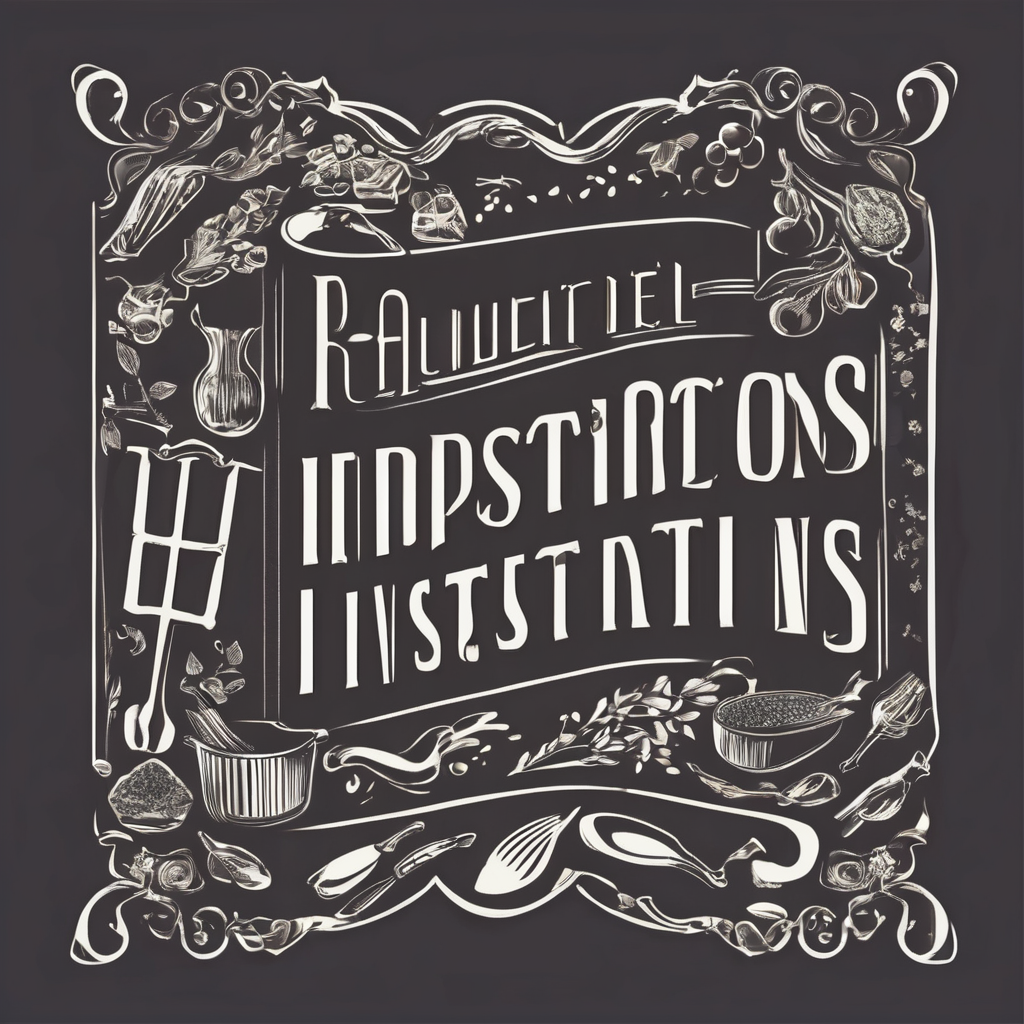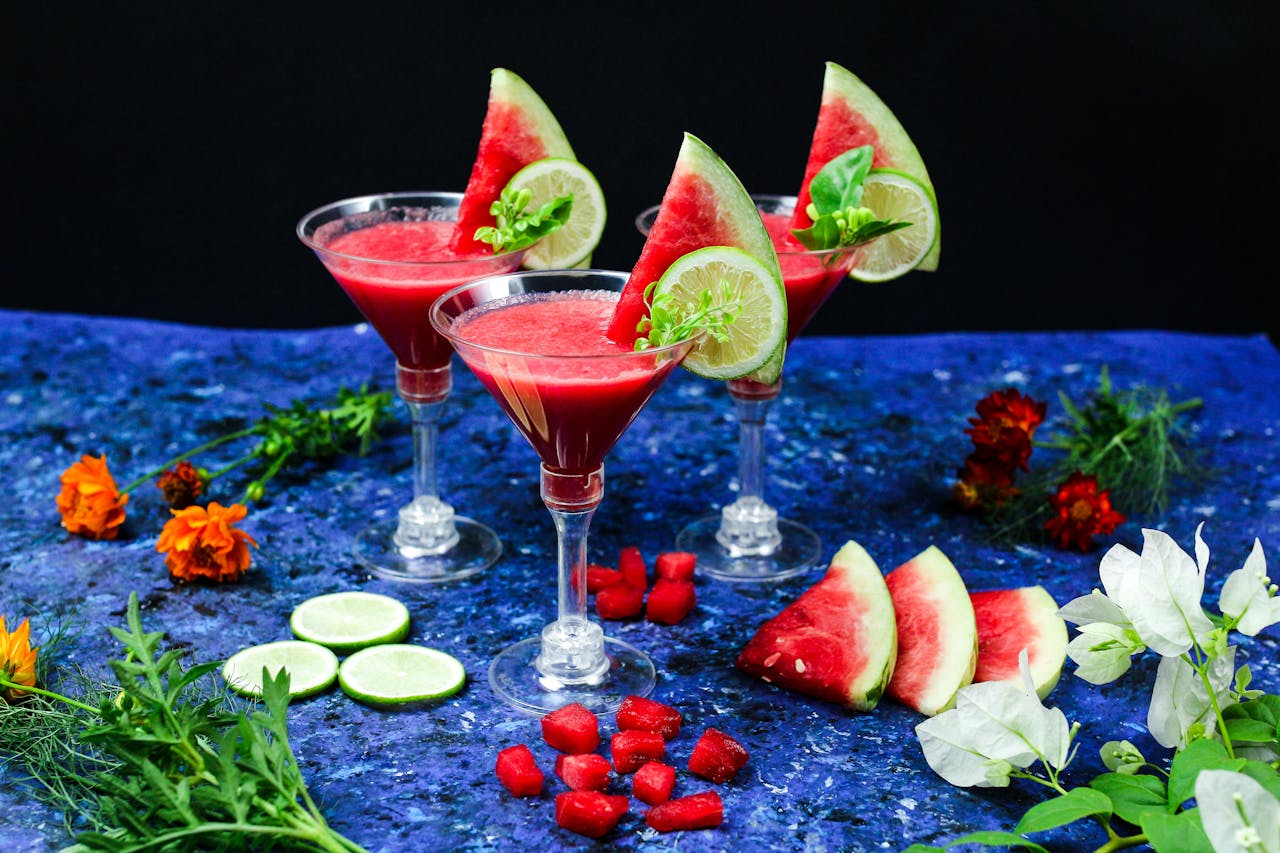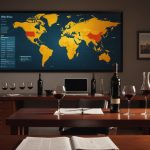In the vibrant world of mixology, constant innovation and creativity are fundamental. It is not enough to know the classics like the back of your hand, it is also necessary to adapt to trends and continuously incorporate new recipes. Training bar staff on new cocktail recipes is an inevitable process that ensures your customers are always offered the latest and most refreshing mixes. But, how can this be done effectively? What are some of the best ways to ensure your bar staff can confidently and precisely recreate these new cocktails? In this article, we will delve into a few proven strategies that can be utilized to keep your team up to speed.
Engaging and Interactive Training Sessions
Introducing new cocktail recipes to your bar staff relies on how you present the information. Traditional methods like providing written recipes or demonstrating the process might not be enough. Consider conducting engaging and interactive training sessions.
This might interest you : How do you ensure compliance with food hygiene regulations in a mobile catering service?
One of the best ways to make training engaging is to turn it into a fun and interactive experience. This can be achieved by hosting workshops where bar staff can practice making new cocktails under supervision. Real-time feedback during these sessions can significantly help improve their skills and confidence. Additionally, these workshops could be transformed into mini-competitions, fostering a sense of healthy rivalry among the staff while making the learning process more enjoyable.
Using Digital Tools and Platforms
In the digital age, technology can be leveraged to facilitate the training process. While hands-on practice is vital, using digital tools and platforms can supplement traditional training methods.
In the same genre : How can you effectively utilize a limited space for a bakery within a restaurant?
Digital platforms like YouTube, Instagram, and mixology apps can be used to showcase the process of making new cocktails. Video demonstrations are particularly beneficial as they provide a visual guide that bar staff can follow at their own pace. Virtual Reality (VR) can also be utilized to simulate a real bar environment where staff can practice making cocktails. Such technologies offer a risk-free platform to learn, experiment, and perfect new recipes.
Incorporating Taste Tests and Feedback Sessions
Taste is a crucial aspect of any cocktail. As such, it’s essential to incorporate taste tests and feedback sessions into your training program.
During these sessions, your bar staff can try their creations and gain a better understanding of the flavors, balance, and presentation of their cocktails. This hands-on approach can help them understand what works and what doesn’t, thereby enabling them to perfect the recipe. Getting feedback from their peers and superiors can provide them with valuable insights to improve their mixology skills.
Regular Quizzes and Assessments
Regularly assessing your bar staff’s understanding and implementation of new cocktail recipes can help ensure they have adequately grasped the knowledge.
Quiz your staff on the names, ingredients, and processes involved in creating the new cocktails. This not only helps assess their knowledge but also reinforces the information they have learned. Furthermore, practical assessments where they have to recreate the cocktails can provide a clear picture of their proficiency. Regular assessments can help identify areas of improvement, ensuring your bar staff are always on top of their game.
Training Through Mentorship
Sometimes, the best way to learn is from someone who has mastered the craft. Establishing a mentorship program within your bar can enhance the training process.
Seasoned bartenders or mixologists in your team can guide and mentor less experienced staff members. This hands-on, personalized approach can expedite the learning process, as staff can learn nuances and tricks of the trade that are not typically covered in traditional training sessions. Mentorship programs also build stronger team relationships and encourage continuous professional growth.
Incorporating these strategies into your training program can ensure your bar staff are equipped with the knowledge and skills to expertly craft and serve new cocktail recipes. Remember, an effective training program contributes to customer satisfaction and the overall success of your bar. It is not a one-time event, but a continuous process that adapts and evolves with the changing trends of the mixology world. Keep your training methods engaging, make use of digital tools, incorporate feedback sessions, conduct regular assessments, and foster a culture of mentorship to stay ahead of the curve in the dynamic world of cocktails.
Encouraging Innovation and Creativity
It is crucial to cultivate a culture of innovation and creativity within your bar staff. This means going beyond simply instructing them on how to recreate new cocktails and inspiring them to create their own unique concoctions.
Encourage your bar staff to experiment with different flavors, ingredients, and presentation techniques. Provide them with the freedom and resources to try out their ideas. For instance, you can have weekly or monthly sessions where staff members can present their own cocktail creations. Fellow staff members can taste these cocktails and provide constructive feedback. This fosters an environment of continuous learning while also fueling creativity and innovation.
Allowing your staff to take part in local or national mixology competitions can also be beneficial. These competitions can stimulate creativity, improve skills, and provide opportunities to learn from other talented mixologists. Moreover, if a staff member wins or is highly placed in such competitions, it can boost the reputation of your bar and attract more customers.
Building a Knowledge Base
Building a knowledge base is a great way to ensure that all your bar staff have access to the information they need to create new cocktails. This can be in the form of a digital library or a physical binder containing all the cocktail recipes, including the classics and the new ones.
This knowledge base should be easily accessible and organized in a way that staff can quickly find the information they need. It should include details like the ingredients required, the process of making the cocktail, and tips for presentation. Including photographs or diagrams can make the information more visually appealing and easier to understand.
Remember to update this knowledge base regularly as new cocktail recipes are introduced. Encourage your staff to contribute to it with their own recipes or tips. This not only acts as a valuable resource for training but also serves as a repository of the collective knowledge and creativity of your bar staff.
Conclusion
Training your bar staff on new cocktail recipes is not a mere transfer of information but a comprehensive process that involves fostering a culture of learning, creativity, and continuous improvement. By incorporating engaging training sessions, making use of digital tools, encouraging innovation, and building a knowledge base, you can ensure that your bar staff are always ready to serve the most delightful and refreshing concoctions to your customers.
Remember, the success of a cocktail bar is not just determined by the number of cocktail recipes it offers but by the quality and uniqueness of each cocktail served. And this success stems from a well-trained, knowledgeable, and creative bar staff. So invest time and resources in their training and reap the benefits of satisfied customers, positive reviews, and a thriving business.






